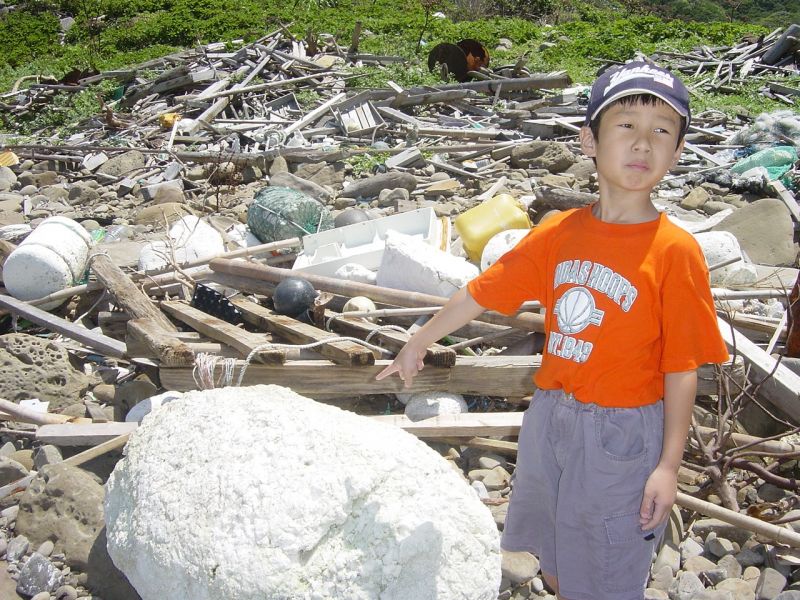
Photo used under Creative Commons license by Flickr user <a href="http:/www.flickr.com/photos/bpc009/3221568069/">-12°C's</a>.
America’s waters are in deep trouble. The destructive practice of bottom trawling, which involves dragging nets attached to rubber wheels mow down all plant and animal life in the way, is growing in popularity, and over-fishing is endangering marine predators. The giant garbage patch of the Pacific is growing, and the oceans continue to absorb acidifying carbon dioxide that stunts the growth of coral and shells.
Up until now, such issues have always been addressed in isolation, if at all, and often by separate government agencies— regulate a little fishing here, designate a reef preserve there. But with the onset of climate change, many of these problems are not only increasing but also becoming more and more intertwined. This June, President Obama created the Ocean Policy Task Force to devise a long-term, coordinated plan for managing America’s oceans, coasts, and great lakes, as well as their resources.
The taskforce brings together 24 experts from environmental organizations and government entities, from the NRDC to the US Navy. Its goals include helping coastal communities adapt to climate change and ocean acidification and better managing the diverse ecosystems of the oceans and Great Lakes.
Ken Stump, Policy Director at the Marine Fish Conservation Network and a Task Force member, is pleased with the much-needed attention that the president has given to ocean policy. But he warns that Congress could still be a stumbling block to enacting any legislation. “The repeated attempts to legislate the [marine] reforms have not made it out of the House Natural Resources Committee,” said Stump. “In both major parties there is a strong emphasis on economic production from the oceans, along with a lot of lip service about sustainable use of resources.”














